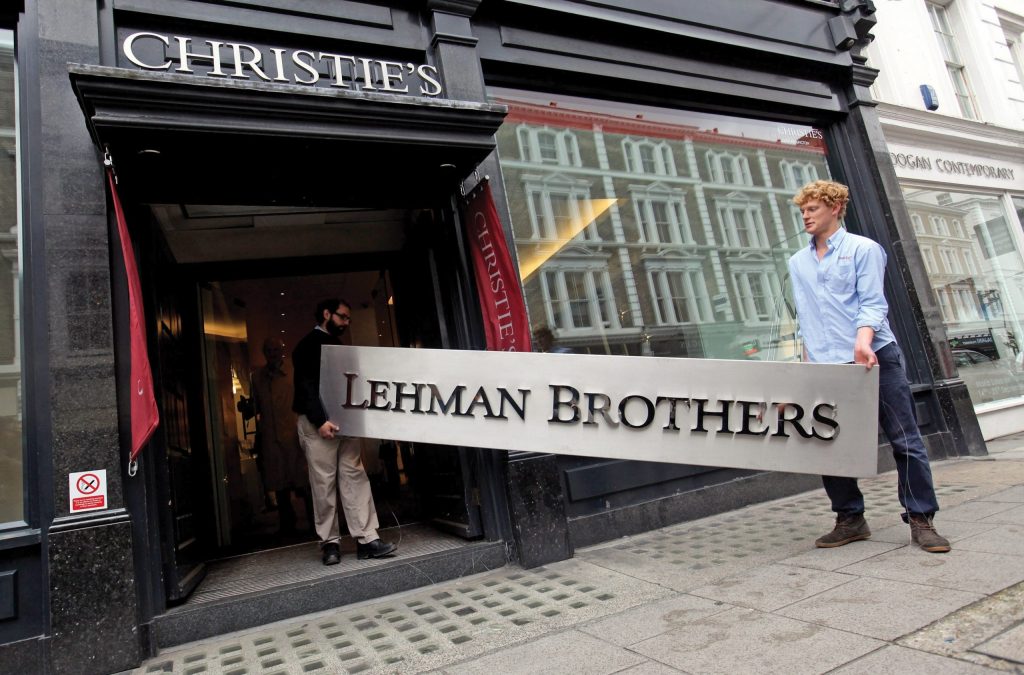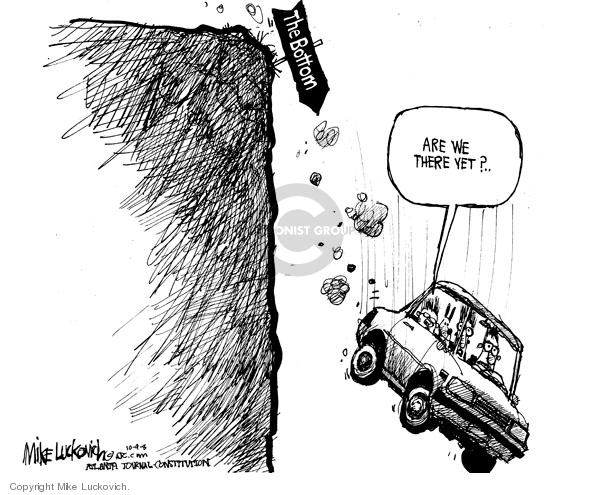RIO DE JANEIRO, BRAZIL – The sharp drop in world stock markets, including that of Brazil, over the past week may have spooked a large portion of investors, but it should not be regarded as a watershed in terms of foundations and prospects.
According to the Wealth Management team of the world’s largest manger for private wealth, Swiss UBS, the risk-aversion move was part of an expected correction and the assessment of the Brazilian stock market remains positive.

“We have not changed our allocation. We continued underweight [with exposure below market average] in pre-fixed and post-fixed securities and strongly overweight [exposure far above market average] in the stock market,” said Ronaldo Patah, a strategist for emerging markets at UBS Wealth Management. “We have retained this allocation because our baseline scenario is for the situation to normalize by the end of March or beginning of April”.
In an interview with InfoMoney, Patah stressed that the expected impact of the coronavirus outbreak on economic activity this year justifies the correction of prices seen in recent days, even more so in the United States, where the stock markets were operating at historical highs. Following last week’s 8.4 percent decline in the IBOVESPA, the index traded higher on Monday afternoon.
“Even with the rebound throughout the second half of the year, there is a statistical impact on the year’s GDP that will only be offset in 2021,” he pointed out.
The strategist believes that the tension on the markets should continue as long as there is no stabilization in the number of new cases outside China and, subsequently, a reduction.
Although there is no real recession, Patah says he expects a relevant impact of the epidemic on the global GDP, which explains the most recent signs from the Federal Reserve (Fed). Jerome Powell, president of the US central bank, said on Friday, February 28th, that he is monitoring the epidemic and will act appropriately if required.

With a permanent recommendation of a diversified portfolio among different asset classes (fixed income, equities, real estate, international market and multi-market funds), the UBS asset management area’s orientation to customers was not to react to last week’s stress. “The portfolio as a whole did not suffer so much. The main advice was ‘do nothing’,” said Patah.
2020 is no repeat of 2008
Although the US stock markets have experienced the greatest losses in a week since the 2008 crisis, the strategist refutes the comparison, pointing out that the two scenarios are quite different and noting that the current context does not represent a permanent demand shock.
“In 2008, there was a credit crisis with bank bankruptcies, a major global uncertainty with rising unemployment. Now it is a containment. You will stop consuming, but you have not given up consuming. It’s a ‘delay’ in growth, not a reversal of the growth trend. That’s why we haven’t changed the call from Brazil and remain optimistic”.
In early February, UBS reviewed the Brazilian GDP growth projection for this year from 2.5 to 2.1 percent, but increased the projection for the 2021 growth from 2.5 to 2.8 percent. On Wednesday, the Brazilian GDP performance for the last quarter of 2019 will be released. UBS expects another SELIC interest rate cut this year, down to four percent.

Patah also stressed that he is more optimistic about the political scenario, amid the global threat established by the escalation of coronavirus cases. In his opinion, Congress now has a greater incentive to act in light of the impact of the disease on the economy, with the possibility of reforms being carried out at a faster pace, also due to the October municipal elections in Brazil.
Source: Infomoney

